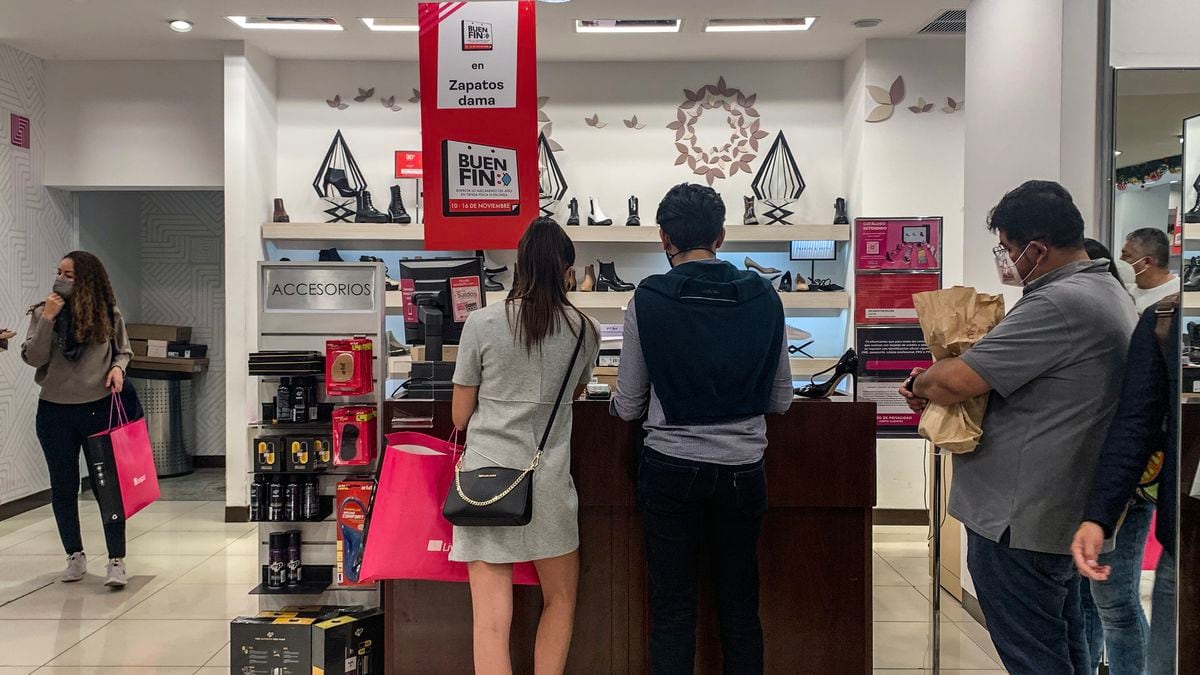I&O Research asked voters why they turn their backs on D66. Various matters play a role in this, including the integrity affair surrounding D66 prominent Van Drimmelen, Kaag’s disappointing leadership and promises about a new governance culture that are not being fulfilled. While Kaag received a score of 6.1 from the voter at the time of the elections, it is now only a 4.3. Prime Minister Rutte also scores an unsatisfactory score: 5.1.
The difference, says political scientist Tom Louwerse, the creator of the Polling Indicator, is that the average VVD voter probably has less high expectations of the party leader when it comes to, for example, the new administrative culture. “While Kaag insisted in the election campaign that she wanted change on that point. People then go and see how that works in practice and some are apparently disappointed with the result.” According to the research by I&O Research, D66 voters mainly turn to GroenLinks, but also to other progressive parties such as the PvdA and Volt.
GroenLinks, JA21 and BBB on solid profit
The other coalition parties are also losing compared to last year’s elections. The VVD is at -3 and the CDA (7-11) is down about six seats. The only exception within the coalition is the ChristenUnie, which now has five seats and is gaining 1 seat.
Apart from GroenLinks, the big winners are still JA21 (7-11 seats, 6 more) and BBB (6-10, a win of 7). Caroline van der Plas of BBB, who now occupies only 1 seat on behalf of her party, is one of the few political leaders who manages to score a sufficient score with the electorate, according to the research by I&O Research: a 6.2.
Smallest parties
The Party for the Animals (7 to 10 seats) and the SP (7 to 9) are almost the same size as BBB. Behind this come the ChristenUnie, Forum for Democracy (3 seats loss on 4 to 6), Volt (2-6), Denk (3-5) and the SGP (2-4).
The two smallest parties, which both manage to maintain their position around a seat, are 50Plus and Bij1, both on 0 to 2 in the Polling Indicator.
–


